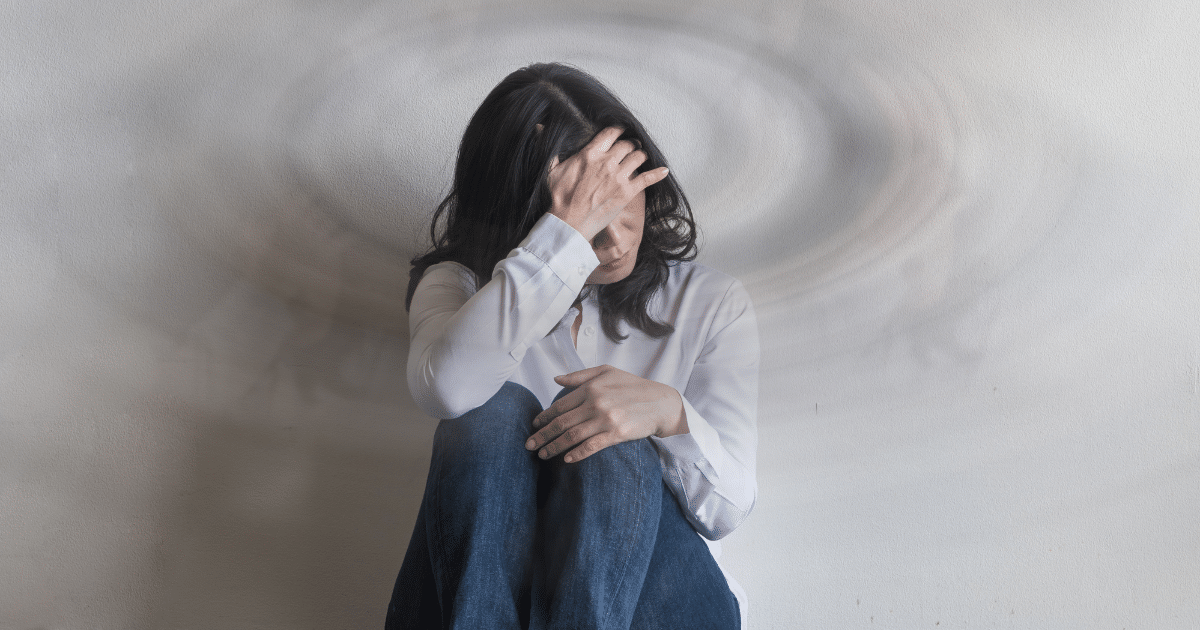

Ketamine Therapy Aftercare: How to Get the Most Out of Your Infusion
Most people experience headaches occasionally throughout their lives. Minor head pain is usually short-lived. It may be caused by illness, dehydration, stress, and other temporary conditions. However, some people experience chronic headaches and migraines that disrupt their quality of life. There is no way for these people to simply “power through” the pain. It is often debilitating and can impact their professional and personal relationships.
We offer cutting-edge treatment for migraines and debilitating headaches at Ketamine Therapy SLC. Ketamine is a powerful pain-reducing drug and anesthetic. One of its primary uses is for the treatment of drug-resistant depression. Research shows that it may also be a powerful solution for chronic pain1. Receiving Ketamine for migraines may help patients who do not respond to other pain medications. To learn more about our Ketamine migraine protocol, call us at (385) 685-1410.
The Different Types of Headaches
Headaches and migraines both cause head pain, but they are different conditions. For example, a headache is often one symptom of a migraine. But migraines can include many additional symptoms. Therefore, migraines and certain types of headaches are classified as headache disorders.
Headache disorders are some of the most common nervous system disorders. They are characterized by recurrent head pain and can be painfully disabling. Before receiving Ketamine for headaches, it’s important to know what types of headaches you’re experiencing. Here’s an overview of some of the most common types of headache disorders.
Cluster Headaches
Brief but severe headaches characterize cluster headaches. These can occur up to several times a day. They typically cause redness, irritation, and tearing in one eye. Additionally, the nose may become either blocked or runny with headache onset. Some people may experience a drooping eyelid in the affected eye. Cluster headaches can be chronic and are more common in men than women.
Tension Headaches
Tension headaches are the most common type of primary headache disorder. Usually, people get no more than 15 tension headaches per month. However, a small portion of the population experiences them more than 15 days out of every month. In addition, tension headaches are more common among women than men. Each episode can last anywhere from a few hours to several days.
Tension headaches may be related to musculoskeletal problems in the neck. However, they may also be tension-related. The pain from this type of headache is described as tightness or pressure that wraps around the head. Sometimes, the pain may spread from the head to the neck or vice versa.
Medication-Overuse Headaches
Medication-Overuse Headaches stem from chronic overconsumption of medication. Ironically, these headaches typically occur after taking too much pain medication to treat chronic headaches. Medication-overuse headaches affect more women than men and are very common. The pain from this type of headache is persistent and debilitating. It is present most days and is usually worse when the affected person wakes up.
Medication-overuse headaches do not respond to common pain medications. They are made worse by excessive self-medicating. However, they may respond well to Ketamine infusion for headaches.
Migraines
Migraines are a type of primary headache disorder. They are more common in women than men and may be influenced by hormones. Migraines often begin during puberty and often cause life-long pain. Migraines are characterized by recurring attacks that are often one-sided. They may be of moderate to severe intensity and often generate pulses of pain. Migraines can last up to a few days at a time. They may occur as frequently as a few times per week or as seldom as once yearly.
Other symptoms may accompany migraine pain. Some of the most common include nausea, dizziness, and increased sensitivity to light or sound.
How Ketamine Therapy for Migraines Works
Ketamine for migraines is sometimes used as an opiate alternative. In higher doses, it can activate opioid receptors to reduce the sensation of pain. It can also act as a local anesthetic by blocking potassium and sodium channels. This is also how traditional local anesthetics work.
Finally, ketamine treatment for migraines can boost gamma-aminobutyric acid A (GABA) brain levels. This can soothe the brain into a relaxed state and reduce pain sensations. Ketamine migraine treatment may not work well for everyone. But many of our treatment-resistant patients can finally experience pain relief from Ketamine therapy.
Ketamine for Migraines Reviews
If you’re unsure whether Ketamine for migraines is an effective treatment choice, learn from the experiences of others. We welcome you to review Ketamine for migraine reviews from our patients. Study the treatment stories of people who have experience with Ketamine and headaches. You are also welcome to schedule a complimentary consultation. We want you to know everything about this medication’s benefits and drawbacks before receiving a Ketamine infusion for migraines.
Get Relief From Your Pain With Ketamine for Migraines
No one should have to live with chronic, debilitating headaches. If you have tried other treatments but failed to get relief from your pain, we invite you to consider Ketamine migraine treatment. We understand Ketamine and migraines on a deep level and may be able to help you get relief. If you have tried everything else without success, Ketamine may be the next best option. To learn more, call us at (385) 685-1410 for a complimentary treatment consultation.
Ketamine for Migraines FAQS
How Much Does Ketamine Migraine Protocol Cost?
The cost of Ketamine for migraines varies. Factors such as prescribed dosage, treatment type, and number of treatments can impact the final cost. It’s important to remember that Ketamine therapy for migraines is an investment. However, it can improve your long-term health and quality of life. If you have not found relief from traditional medicine, the cost may be worth it.
How Many Ketamine Migraine Treatments Should I Get?
Depending on the severity of your symptoms, you may need just one Ketamine infusion for headaches. However, some people may need multiple treatments to experience optimal pain relief. Therefore, we’ll consider your individual case and recommend a customized treatment protocol for your needs.
Schedule a Ketamine
Treatment Consultation
Schedule an appointment via call or text at (385) 685-1410 or fill out the form below:
By submitting this form you agree to be contacted via phone/text/email
Schedule a Ketamine
Treatment Consultation
Schedule an appointment via call or text at
(385) 685-1410
or fill out the form below:
By submitting this form you agree to be contacted via phone/text/email


